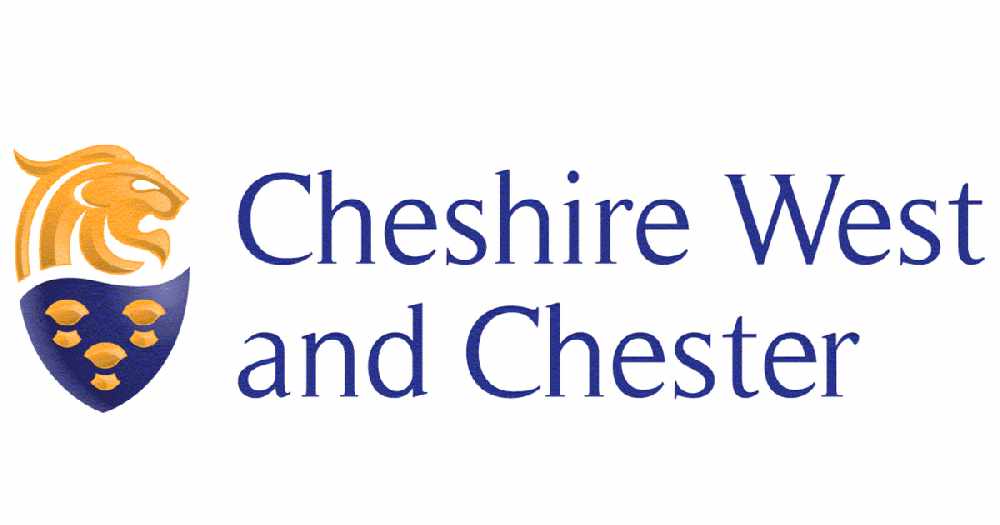
This year has thrown an additional challenge to gardeners and the Council’s maintenance teams and contractors as the grass is growing faster than usual and hedges and other vegetation are growing at the same rate.
Spring is the best time to prune some trees and hedges, before the start of the bird nesting season. Outside of the borough’s woodland areas, the Council is responsible for around 50,000 trees and 45 miles of hedges. Hedge cutting starts from the beginning of September and continues to the end of October.
No hedge cutting takes place between 1 March and 31 August, except where it is necessary to ensure public safety. Birds are actively nesting at this time and it is an offence under Section 1 of the Wildlife and Countryside Act (1981), to intentionally damage or destroy the nest of any wild bird while it is being used or built.
The Council’s Deputy Leader and Cabinet Member for Environment, Highways and Strategic Transport, Councillor Karen Shore said: “The recent warm and humid spells followed by heavy rain have created a surge in grass, tree and hedge growth across Cheshire West. Our Streetcare Teams will be working very hard to maintain our beautiful borough in the coming weeks.
“Many trees in public spaces are maintained by the Council, this includes trees in public parks and open spaces and those within highway verges. However, residents, landowners and farmers are responsible for trees and hedges on private land.
“Our Tree officers recommend that cutting hedges and trees is avoided between March and August as that is the main breeding season for nesting birds.
“Not all cutting is undertaken by the Council. Most hedge cutting along the highway is done by the adjacent landowner (often farmers). For more information about trees, woods and hedges on private land, please visit the trees, woods and hedges page on the Council’s website.”
The Council’s website has a wide range of advice and guidance if you have a problem with trees that are not on council-owned land.
You must not do any work which might harm nesting birds or destroy their nests. You’ll usually find nesting birds during the main nesting and breeding season from 1 March to 31 August.
Added Councillor Shore: “We’ve seen an increase in comments on social media about overgrown trees and hedges from private properties blocking pavements on routes to schools.
“We encourage as many people as possible to walk or cycle where possible to help us tackle the climate emergency and reduce our reliance on cars. We are asking residents to think about people who may pass by their property – please cut back any overhanging branches or foliage after carefully checking this won’t disturb any nesting birds. Thank you.”


 Ten arrested for drugs offences following warrants in Chester
Ten arrested for drugs offences following warrants in Chester
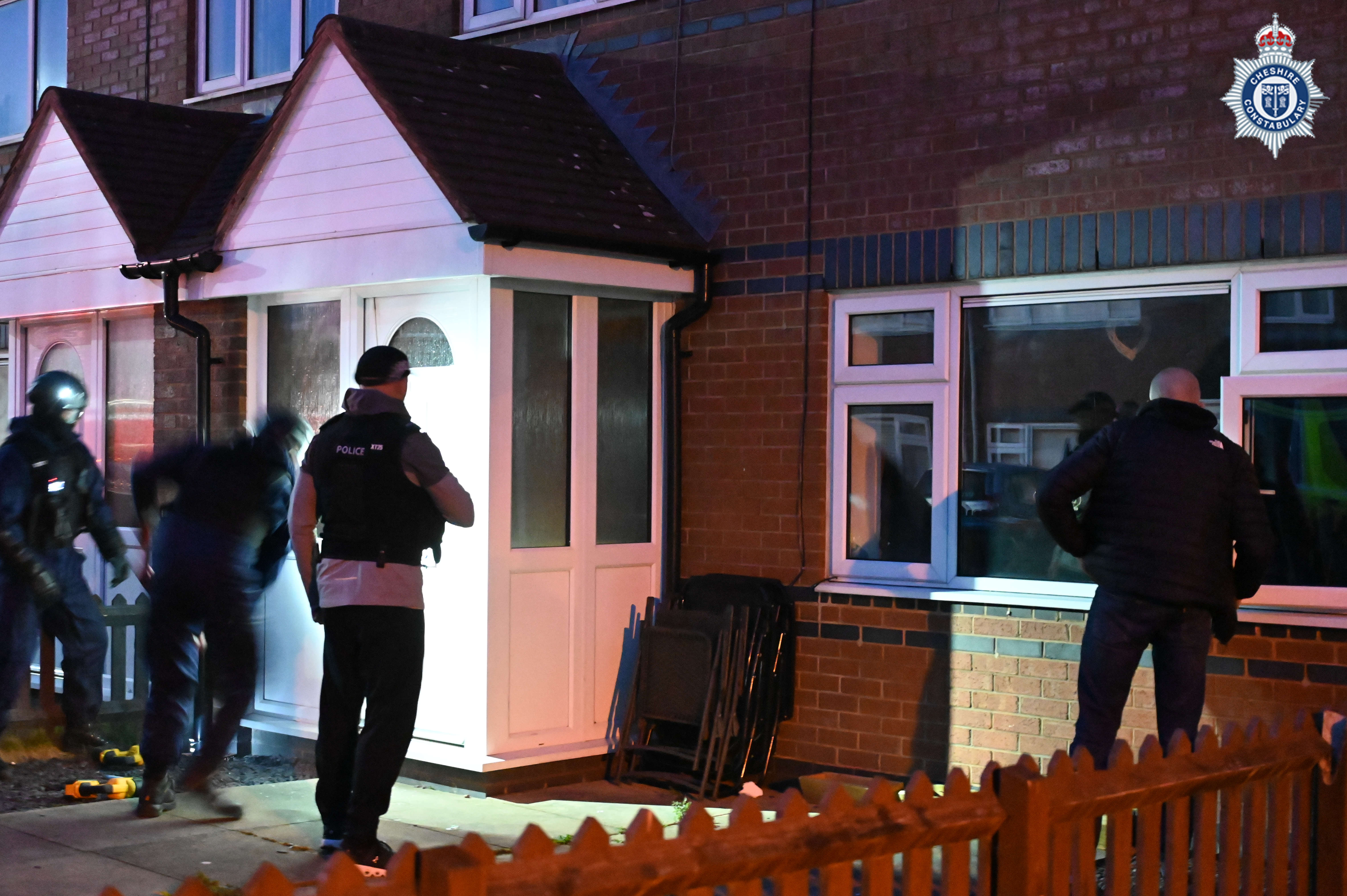 Ten arrested for drugs offences following warrants in Chester
Ten arrested for drugs offences following warrants in Chester
 Suspended prison sentence and indefinite ban for Cheshire man who abused his dog
Suspended prison sentence and indefinite ban for Cheshire man who abused his dog
 Recovered Stolen Items
Recovered Stolen Items
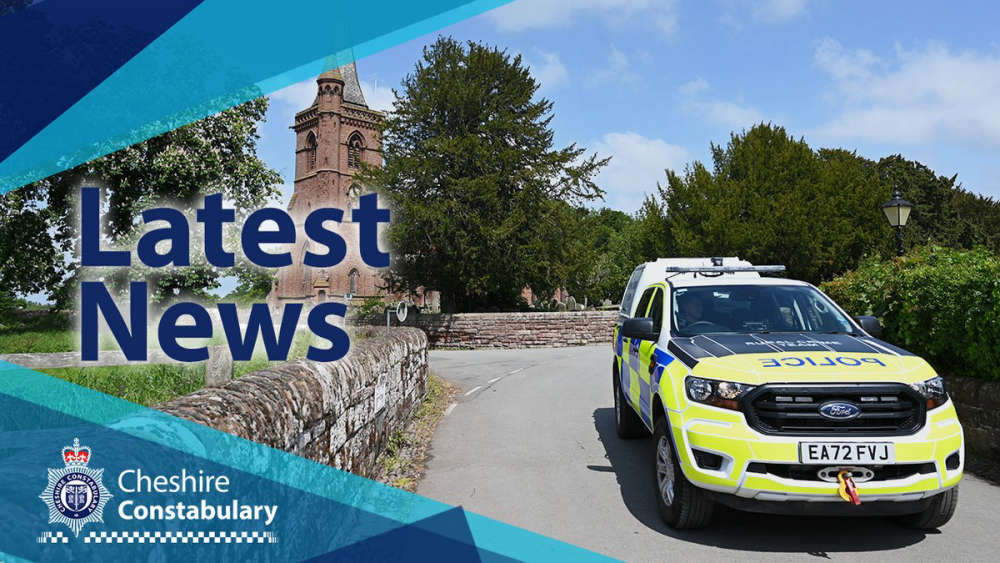 Man charged in relation to courier fraud
Man charged in relation to courier fraud
 Police to target criminal use of Cheshire’s roads
Police to target criminal use of Cheshire’s roads
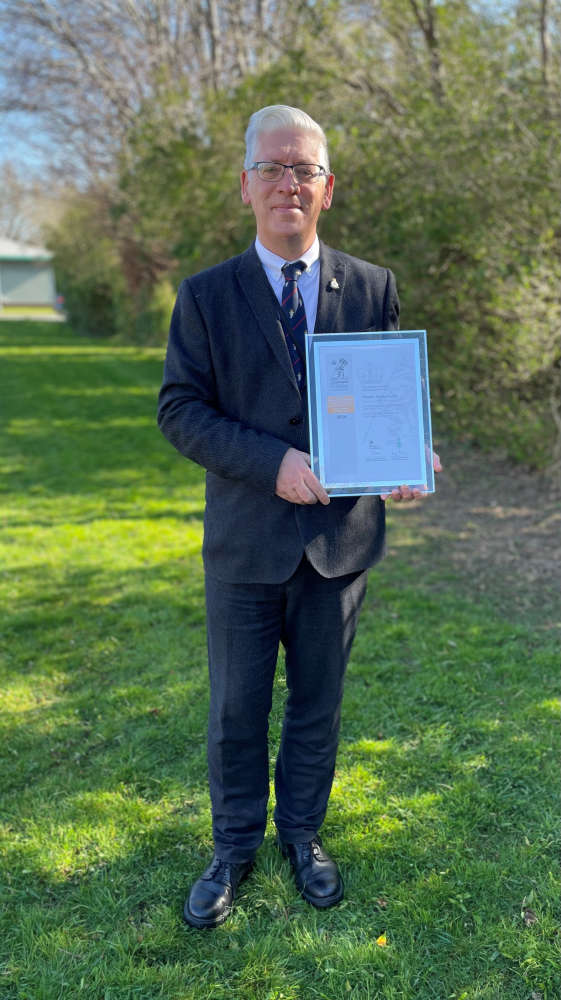 Council awarded Gold Armed Forces Award
Council awarded Gold Armed Forces Award
 Appeal for footage and witnesses following collision in Delamere
Appeal for footage and witnesses following collision in Delamere
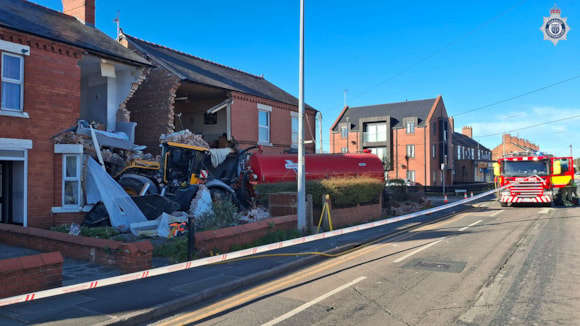 Appeal for information following serious collision in Chester
Appeal for information following serious collision in Chester
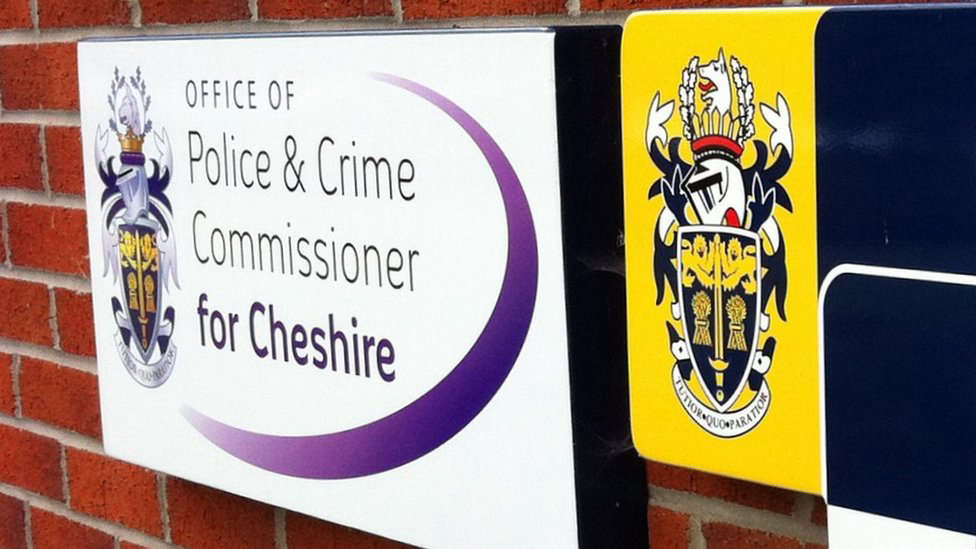 Your chance to get involved in police scrutiny meetings
Your chance to get involved in police scrutiny meetings
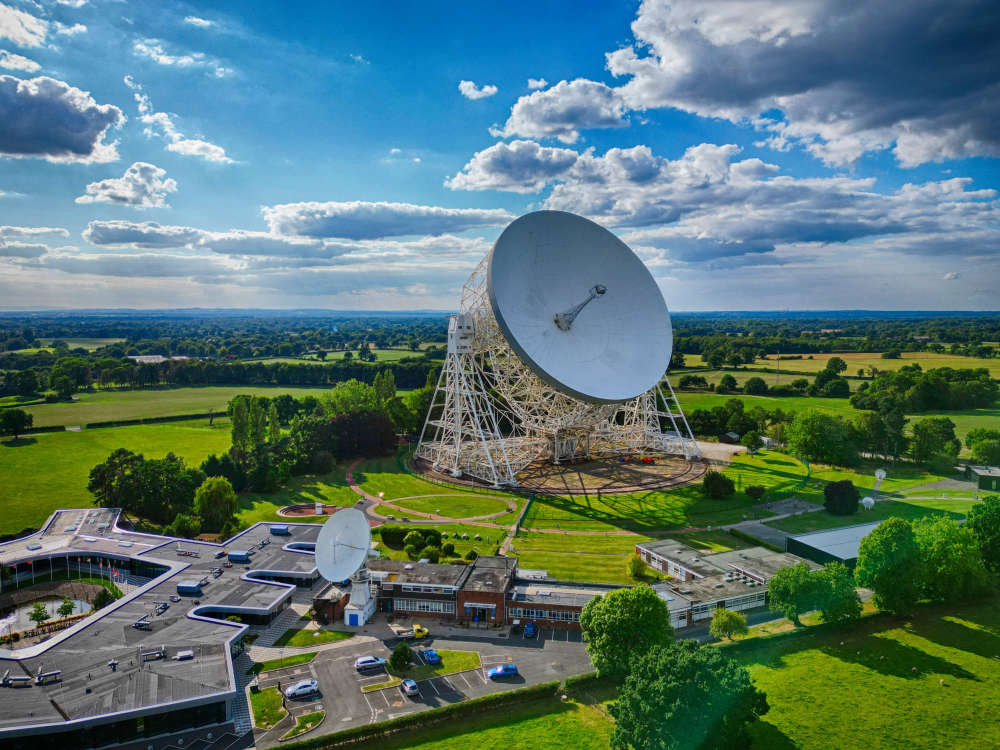 New Events at Jodrell Bank
New Events at Jodrell Bank
 Inspiring Futures at The Queen’s School
Inspiring Futures at The Queen’s School
 Bowmere Hospital celebrates 20 years of mental health care
Bowmere Hospital celebrates 20 years of mental health care
 Man charged with burglary and drug offences following Chester police stop check
Man charged with burglary and drug offences following Chester police stop check
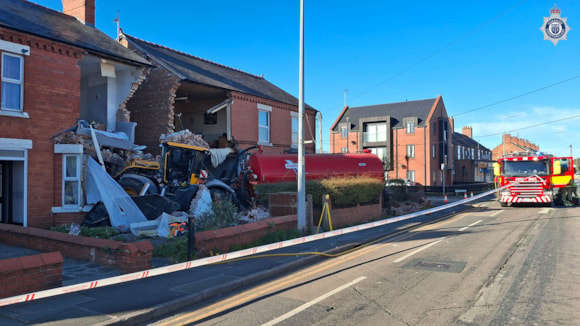 Vicars Cross Road closed following collision in Chester
Vicars Cross Road closed following collision in Chester
 Man jailed for controlling and coercive behaviour and assault
Man jailed for controlling and coercive behaviour and assault
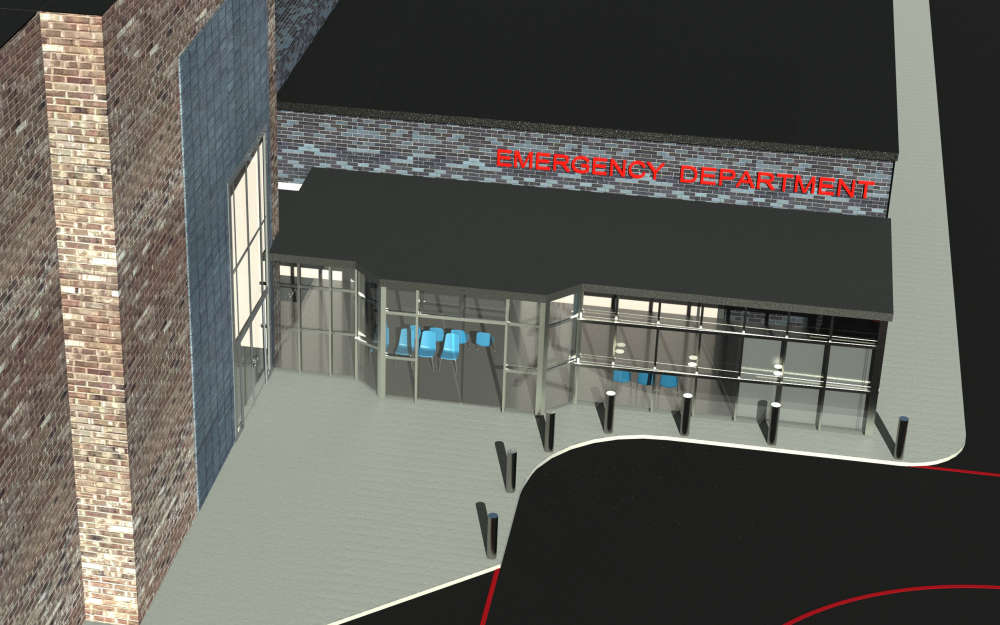 Plan unveiled to transform and improve emergency care at Countess of Chester Hospital
Plan unveiled to transform and improve emergency care at Countess of Chester Hospital
 Chester & Wirral Football League - Weekend Round Up
Chester & Wirral Football League - Weekend Round Up
 Ladbrokes returns to Chester Racecourse
Ladbrokes returns to Chester Racecourse
Comments
Add a comment